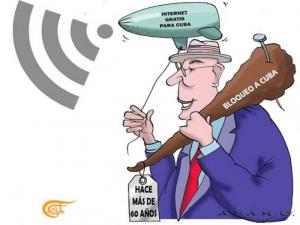
Cuba updates its legal framework on telecommunications with the enactment and implementation in the nation of Executive Order No. 35 on Telecommunications, Information and Communication Technologies and the Use of the Radioelectric Spectrum.
This legal instrument includes Executive Order 42 General Regulation of Telecommunications and Information and Communication Technologies (ICT) and Executive Order 43 Regulation on the Use of the Radioelectric Spectrum, both in force since May 24 of this year as complementary norms, which with marked technical rigor establish the regulatory aspects in the areas it administers.
Regarding Executive Order 42, Wilfredo López Rodríguez, director of regulations of Mincom, explained to Granma that the services to which this regulation applies have to do with basic telephony, signal transmission, data transmission, Internet access, audio and cable television broadcasting, subscription television, virtual telephony, public telephone booths and stations, added value, provision of Internet applications, provision of passive infrastructure and networks, contact centers and radio communications. This regulation establishes that the owner of a private network, whether a natural or legal person, obtains an operating license, which is granted by the Mincom, when they need to connect to a public network, make use of the radio electric spectrum or deploy their own infrastructure outside the limits of their property. This regulation clearly establishes the duties and rights of the operators and users of Telecommunications/ICTs, as well as the violations for non-compliance.
In this sense, the executive denounced the US government's interference attempt to offer free Internet to Cubans because it violates, among other issues, what is established in the alternative call procedures, since it is not based on bilateral agreements between operators, and is considered a procedure not allowed in accordance with what is stipulated in this regulation.
López Rodríguez explained that this provision facilitates the progressive increase of access, affordability and use of telecommunication/ICT services by the population and the use of public infrastructures for information storage and processing, which allow an efficient use of resources and guarantee security and quality in the services.
Among the obligations of operators and providers, regarding the security of telecommunication/ICT networks and services, the regulation establishes the identification of vulnerabilities and risks, as well as the development and implementation of security plans, in order to minimize the impact of incidents on their network and services.
In addition, it provides for "suspending, in coordination with the competent authorities, the service or terminating the contract of users who use the contracted services to carry out actions or transmit information that is offensive or harmful to human dignity, with sexual or discriminatory content, that generate harassment, that affect personal and family intimacy or one's own image and voice, the integrity and honor of the person, collective security, general welfare, public morality, respect for public order or as a means to commit illegal acts, regardless of the criminal, civil or administrative liability arising from the fact", in accordance with the provisions of Executive Order 35.
Executive Order 42 updates the offenses in the use of the radio electric spectrum and establishes those related to telecommunication networks, among which are the charge to anyone who installs, operates, exploits, maintains or commercializes telecommunication/ICT networks without due authorization or with technical parameters and communications and encryption protocols incompatible with the legislation in force.
Furthermore, for anyone who, without the required authorization, in accordance with the legislation in force, imports, markets or transfers by any means, installs or maintains installed equipment, apparatus, antennas, accessories and other devices to provide or receive telecommunications services.
It is also stipulated for those who maintain the authorized license for the operation of a radio station in a place other than where it is installed when required, in accordance with the legislation in force; omit, vary, mutilate or falsify the call sign at the beginning, during or at the end of the communication; install or use radio communication equipment or devices without the corresponding authorization, and when required in accordance with the legislation in force; among other aspects.
The inspectors appointed by the Mincom are empowered to impose fines; they also propose and assist the authority of the agency, in accessory measures, to those who violate the provisions of the Executive Order and its complementary provisions.
OF THE RADIO-ELECTRIC SPECTRUM
Regarding Executive Order 43, the Director of Regulations of Mincom commented that the agency exercises the functions of control and supervision of the use of the radio electric spectrum in the country, through monitoring, technical verification of radio electric emissions and on-site inspection of stations, equipment, devices, apparatus and radio electric installations, or by any other means.
Within the violations of the use of the radioelectric spectrum, he pointed out that wifi equipment and wireless microphones are not in the allowed frequency or power, the use of repeaters to amplify the cellular signal and the use of transmitters that leave the authorized frequency band.
López Rodríguez commented that radio spectrum users must adopt the necessary measures to prevent harmful interference from occurring between radiocommunications services, stations, equipment, devices and radioelectric apparatus, including, where appropriate, the application of technical measures to protect receiving systems against such interference.





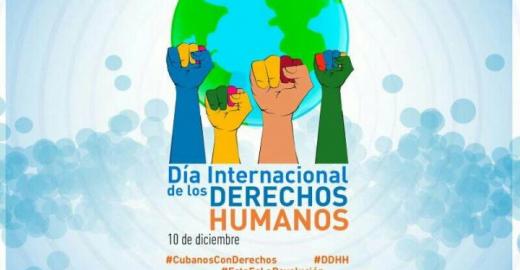
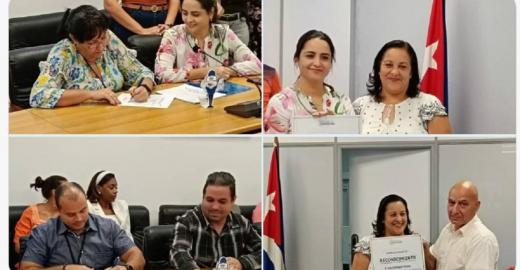




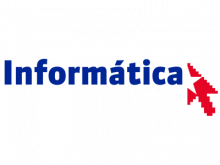

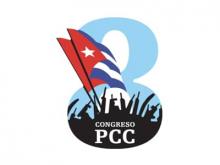
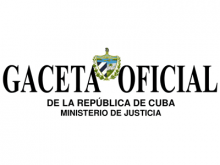

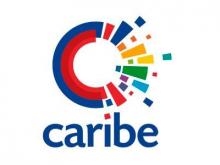
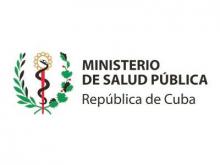

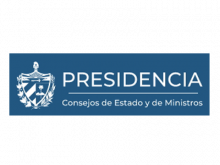


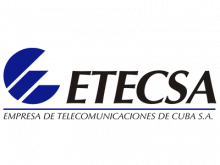
Publicar nuevo comentario